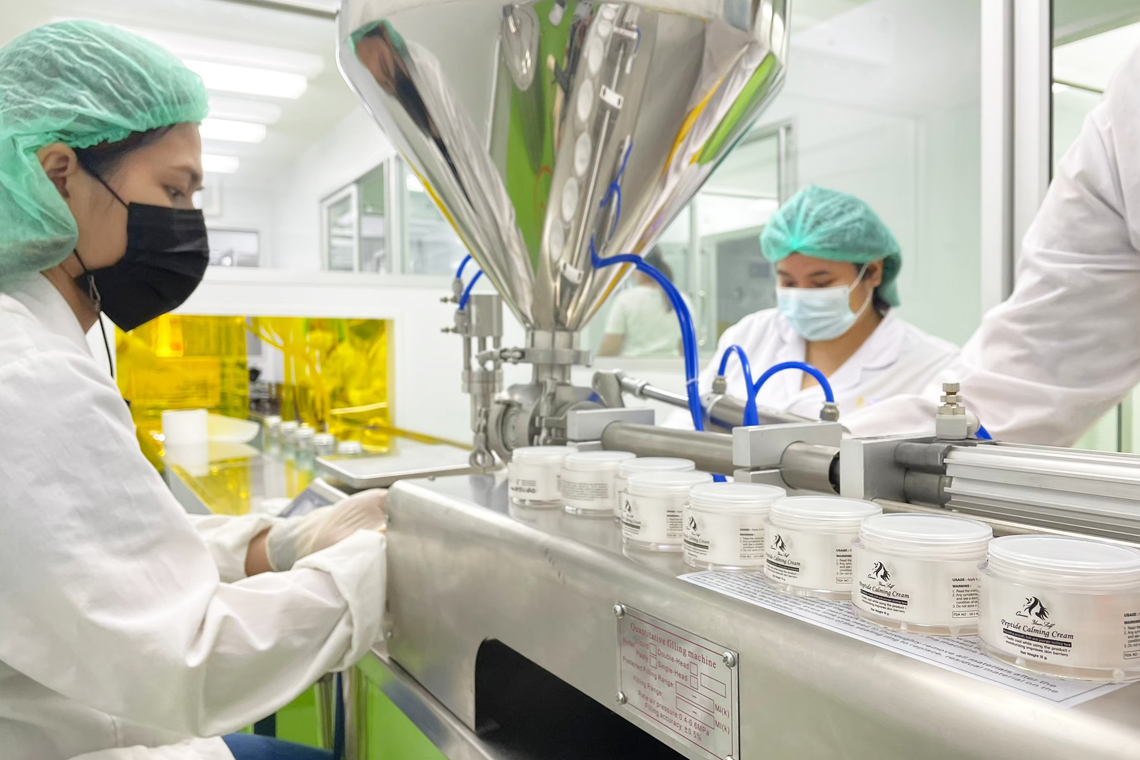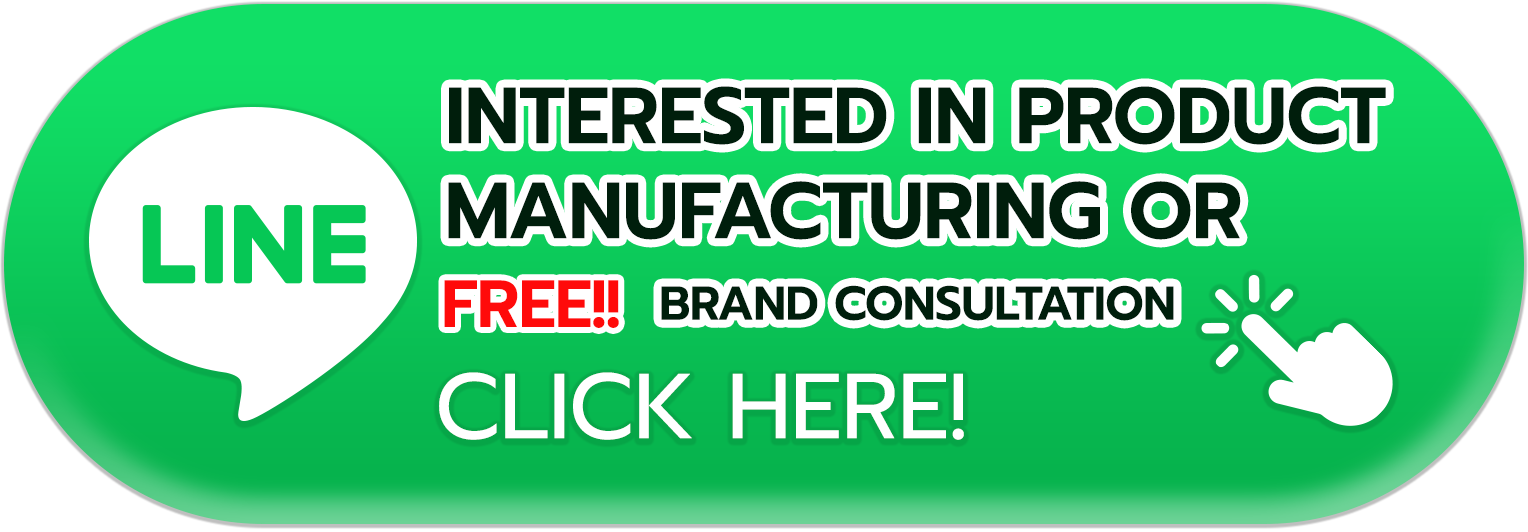What are GHPs standards? Are they necessary?

Safe and High-Quality Food and Cosmetic Production: The Key to Ensuring the Best Standards
The production of food and cosmetics that are safe and of the highest quality is what everyone desires. But how can we be sure that we are using the best standards in production? GHPs & HACCP standards are the answer that you shouldnt overlook!
If you're interested in high-quality production processes, strict safety standards, and consumer protection, this article will introduce you to the shift from GMP & HACCP to GHPs & HACCP. This new update enhances safety at every stage of production, from controlling water quality to ensuring safe product storage.
Don't miss the opportunity to understand the importance of adhering to these certified standards and why they are crucial for producing internationally recognized food and cosmetic products. Join us in learning how you can ensure that the products you use are safe and of the highest quality!
What is GHPs?
GHPs stands for Good Hygiene Practices, which is a set of standards established for production processes in various industries, particularly in food, skincare, and cosmetics. The focus of GHPs is to maintain cleanliness and hygiene throughout the entire production process, from raw material storage to packaging and distribution, ensuring that the final products are as safe as possible for consumers.
GHPs also include employee training, monitoring and controlling production processes, waste management, maintaining clean production environments, and managing personal hygiene for all individuals involved in the production process.
Why is GHPs Important?
The GHPs standard is not just a set of rules; it plays a crucial role in assuring consumers that the products they purchase are free from contamination by pathogens or harmful substances. Implementing GHPs helps prevent health problems or infections caused by using unsafe products, which is what consumers expect.
What Happens if GHPs Are Not Followed?
If factories or companies do not comply with GHPs standards, it can lead to health risks. Contamination by pathogens or harmful chemicals could cause health issues for users. It can also result in a loss of credibility for the company, as unsafe products can lead to a loss of consumer trust and damage the companys reputation. In many countries, there are regulations on hygiene standards for production, and failure to comply could result in fines or even business closure.
1. Introduction and Hazard Control in Food
• Control of Water Quality
• Control of Fecal Contamination
• Control of Food Handler Practices and Hygiene
• Control of Food Contact Surfaces by Cleaning
2. Primary Production
• Control of Environment: Avoid production near facilities that release toxins or unpleasant odors that may contaminate food.
• Control of Food Contamination: Prevent contamination from pesticides or waste by managing waste and storing chemicals properly.
• Storage and Transport: Prevent food spoilage by controlling temperature and humidity. Ensure transport is free from contamination by pests or chemicals.
• Cleaning and Equipment Maintenance: Maintain personal hygiene and ensure proper sanitation to prevent contamination.
3. Establishment: Facility Design and Equipment
• Location: Avoid locations where environmental hazards cannot be controlled or where nearby industries could cause food contamination.
• Separate Work Areas: Separate work areas to prevent cross-contamination.
• Materials: Use durable materials that are easy to clean and disinfect.
• Sanitation Facilities: Provide adequate handwashing stations and bathrooms.
• Waste Disposal: Ensure sufficient waste disposal systems to minimize contamination risks.
• Equipment for Cleaning: Ensure availability of adequate cleaning equipment.
• Temperature Control: Maintain proper temperature for food safety.
• Ventilation: Control odors and prevent airborne contamination.
• Lighting: Ensure sufficient lighting to detect defects in food.
• Pest Control: Prevent access from pests.
• Equipment Calibration: Clean and regularly calibrate equipment.
4. Training and Competence
Provide regular training and periodic reviews for staff to ensure food safety and suitability.
5. Maintenance of Establishments, Cleaning, Disinfection, and Pest Control
Regular maintenance of facilities to ensure cleanliness and prevent contamination from pests or chemicals. Establish proper cleaning procedures and regularly monitor their effectiveness.
6. Personal Hygiene
• Personnel should wear appropriate clothing, protective gear, and avoid wearing jewelry.
• Employees with illnesses (e.g., fever, cough, infections) must report to supervisors and be separated from direct food contact areas.
• Visitors should be informed of hygiene policies before entering the facility.
7. Operation Control
Control throughout the process, from raw material reception, production, to finished products, as well as recording and maintaining production documents.
8. Product Information and Consumer Understanding
Ensure consumers can identify allergens in food and trace product batches or production runs.
9. Transportation
Implement necessary measures during transport to:
• Prevent cross-contamination
• Prevent damage during transit
• Maintain an environment that prevents microbial growth or spoilage, potentially through temperature and humidity control.
At Amabelle Co., Ltd., we are proud to have earned the GHPs certification, which serves as a guarantee of our commitment to maintaining cleanliness and safety standards in the production of our skincare and cosmetic products. Our team follows strict production procedures while emphasizing quality control at every stage to ensure that you can trust the products we create.
If you're looking for a reliable manufacturer of high-quality and safe skincare and cosmetic products, join us at Amabelle Co., Ltd. to create products you can trust at every step of the process.
♥ Start Your Brand Start With Amabelle ~
Line Official : @amabelle
Tiktok Official : @amabelle.oem
Facebook : Amabelle รับผลิตเครื่องสำอาง รับสร้างแบรนด์ครบวงจร
 Kevin @Amabelle
Kevin @Amabelle


